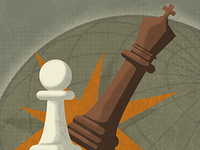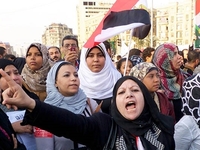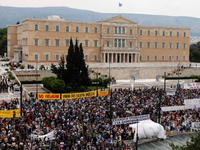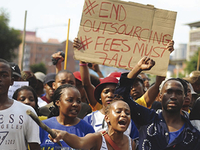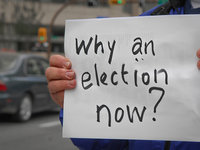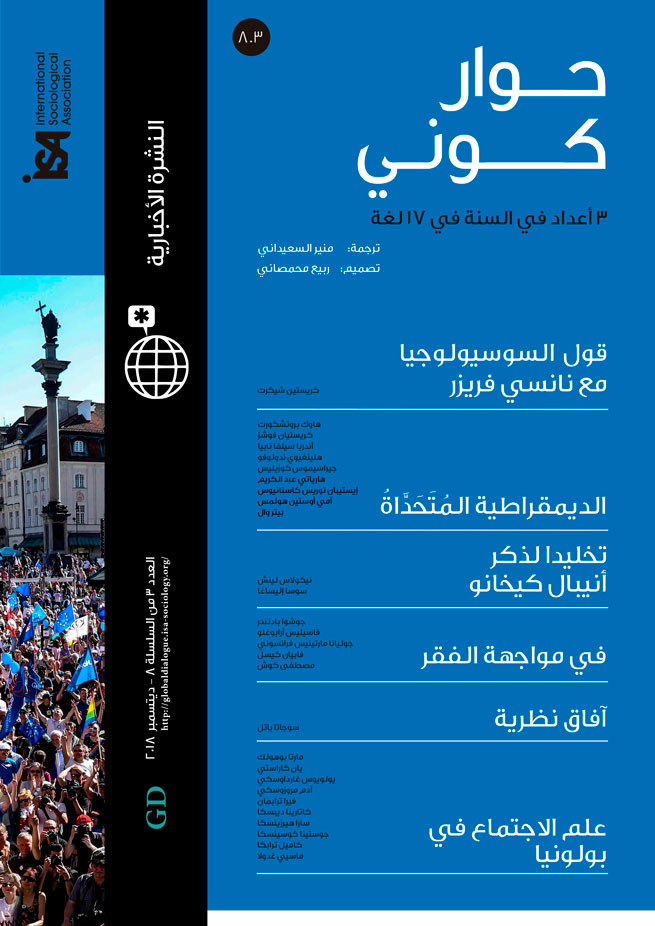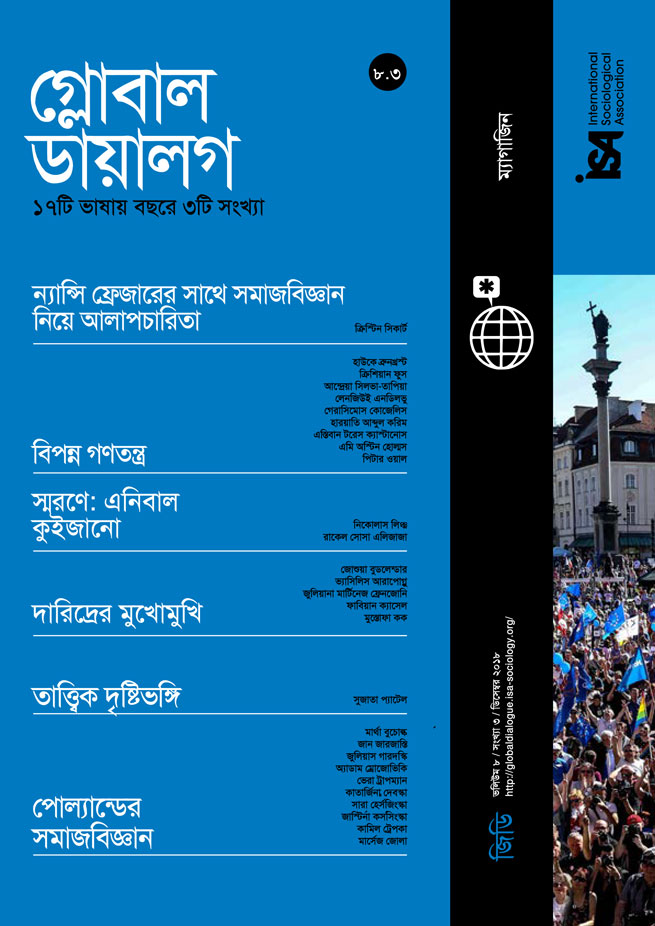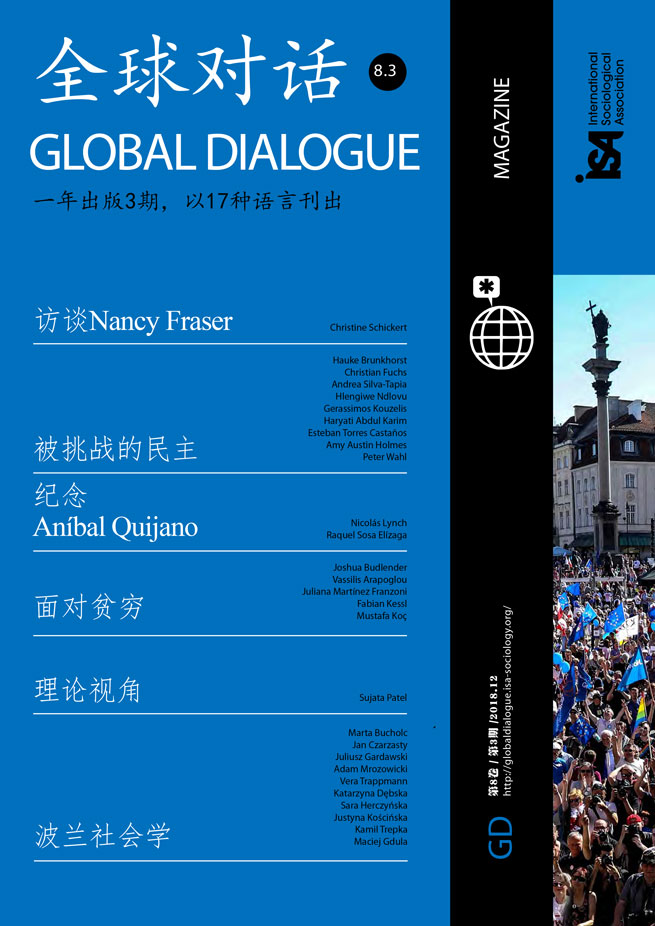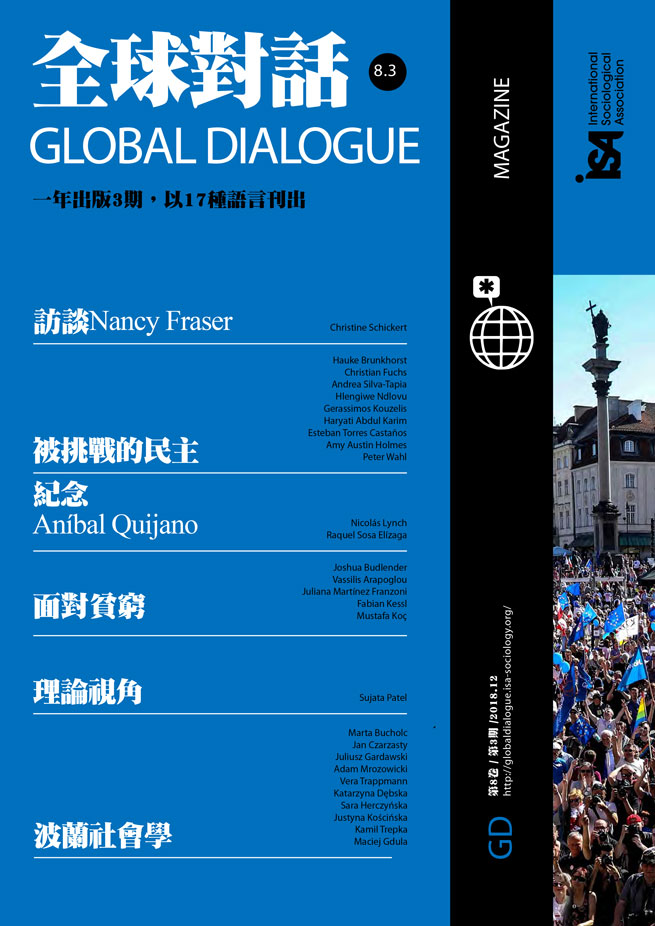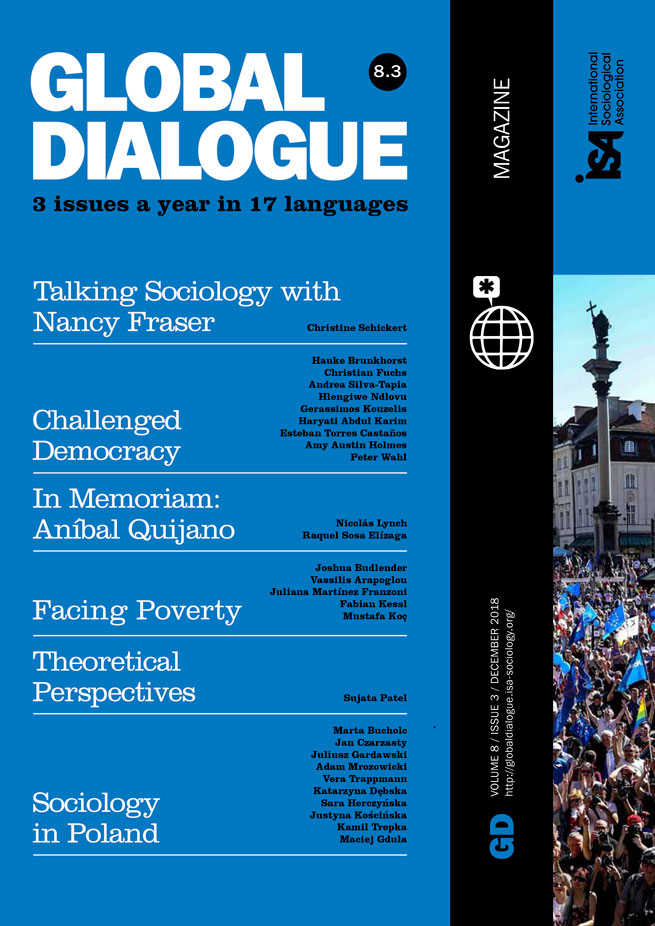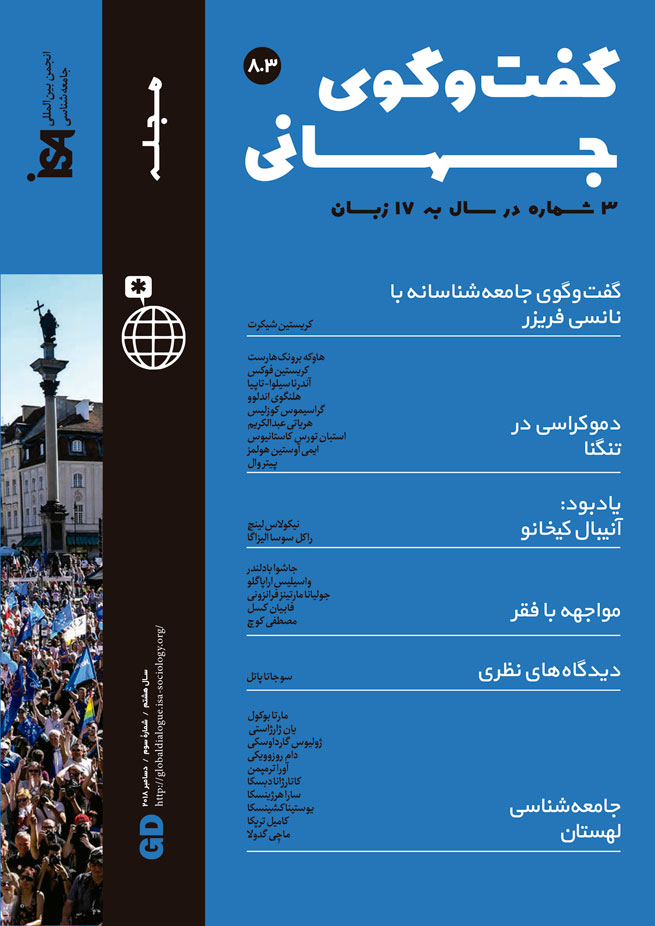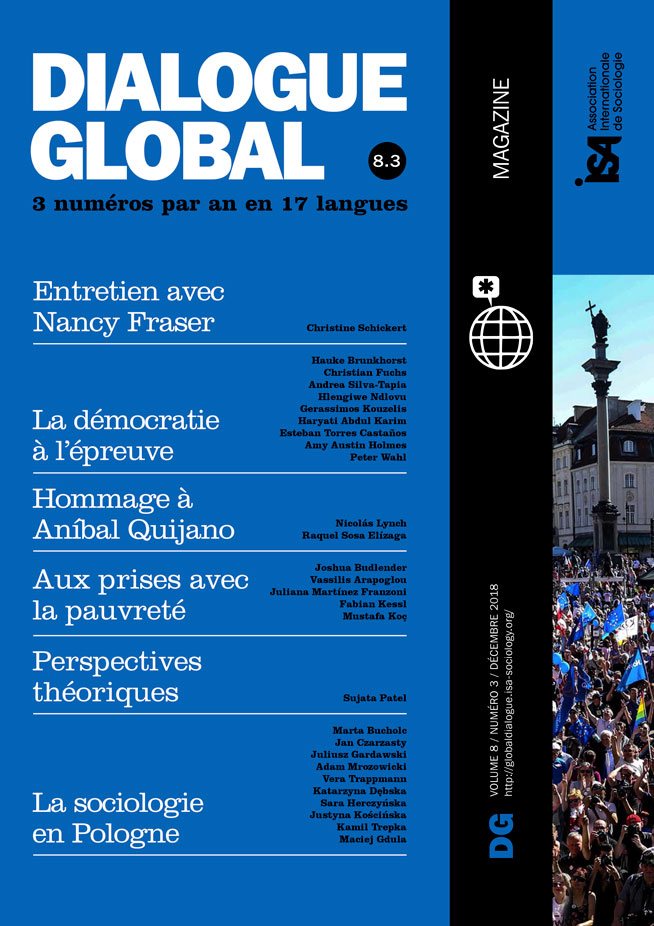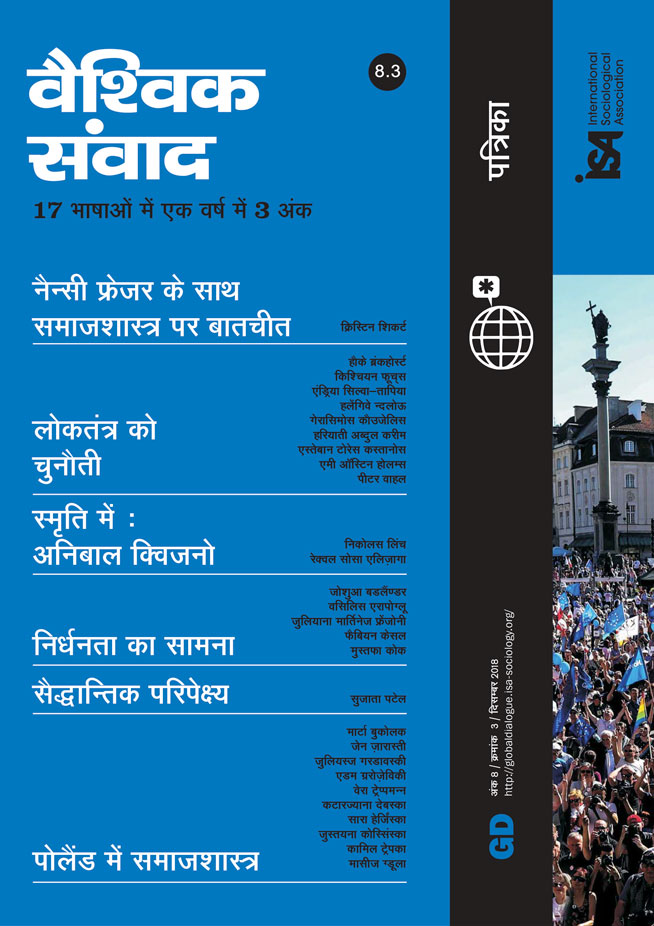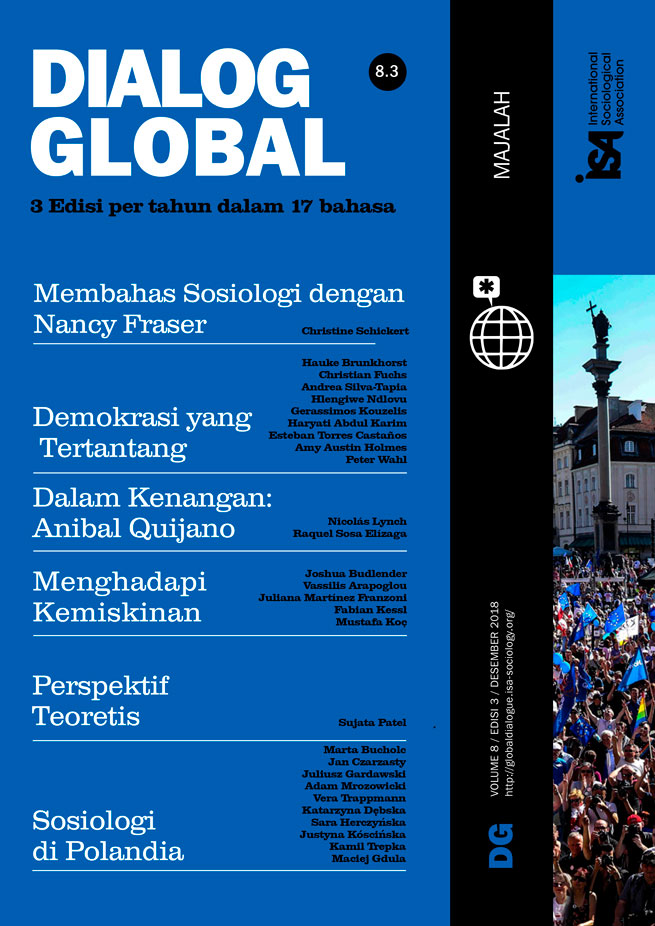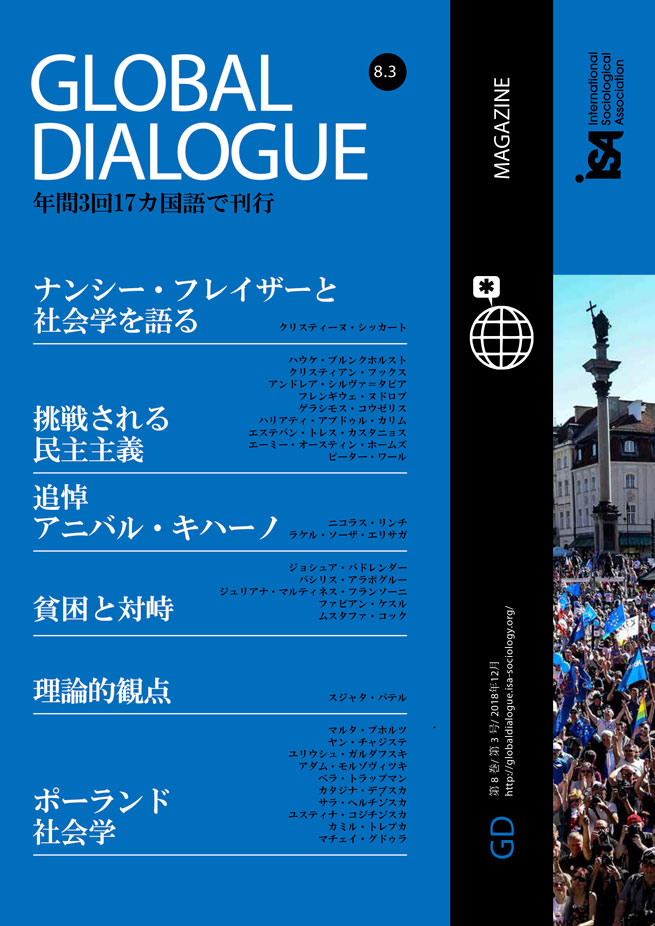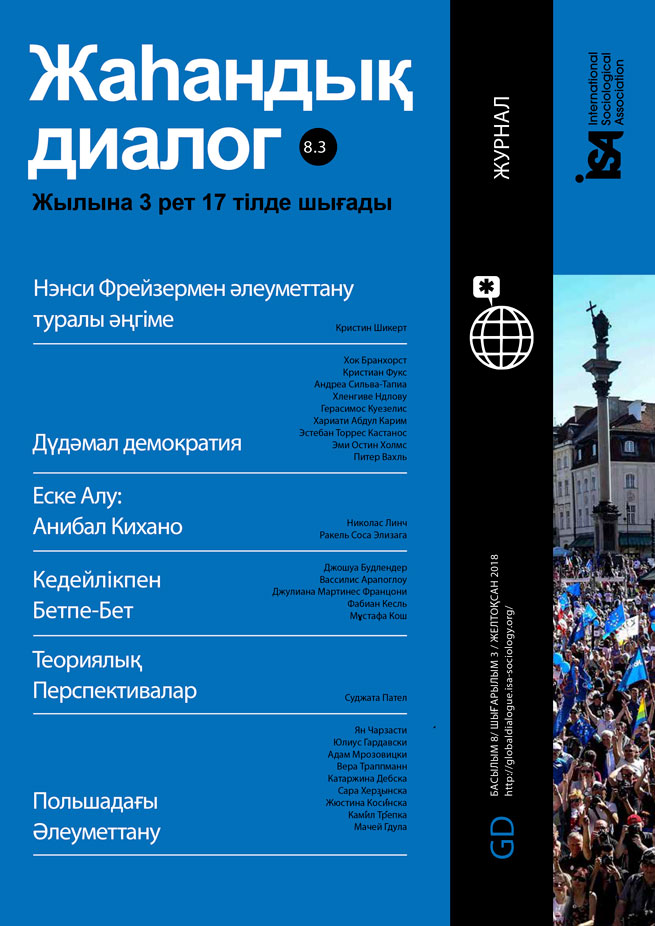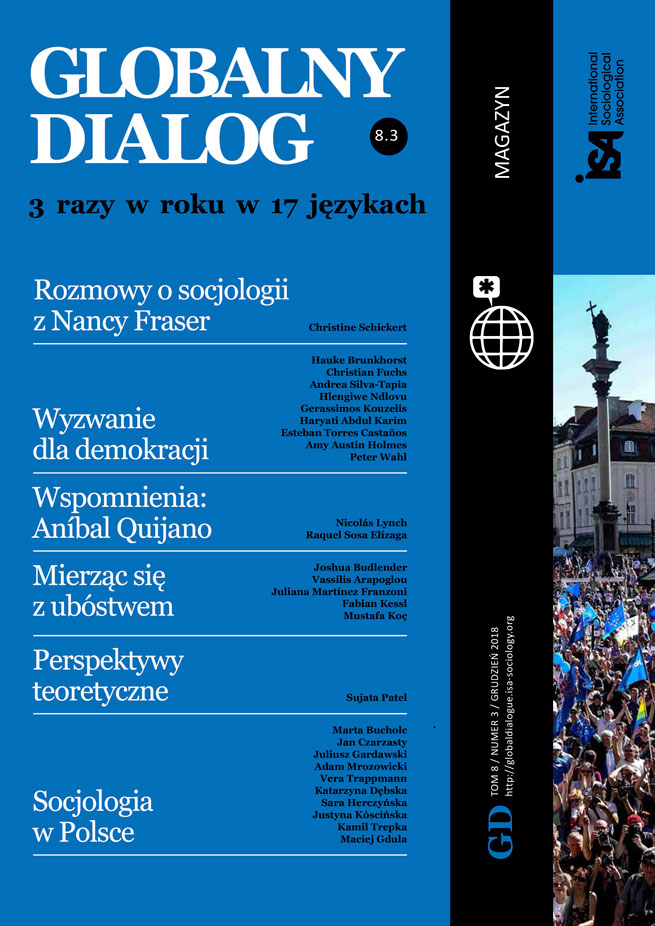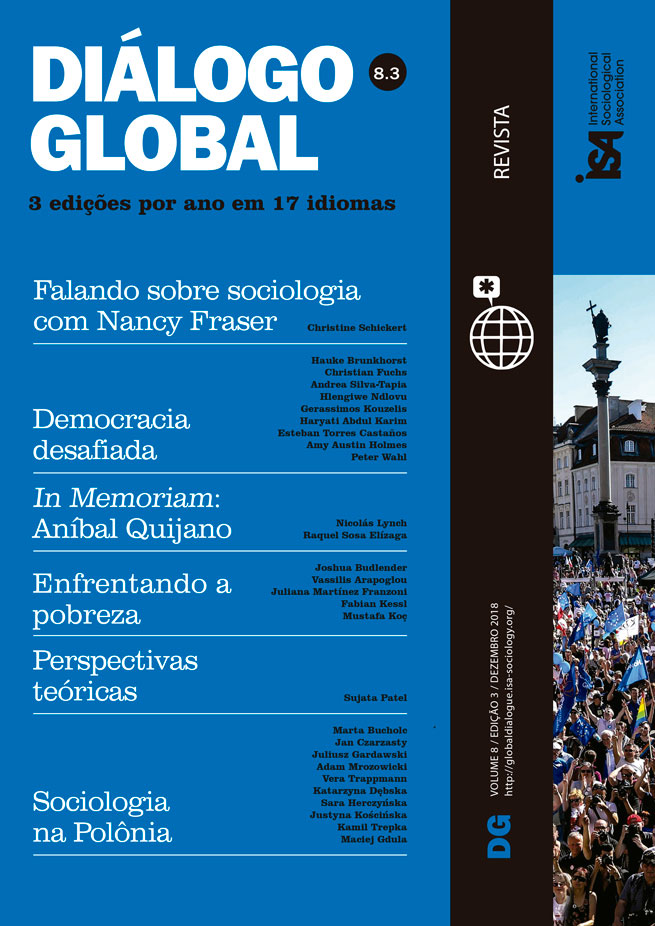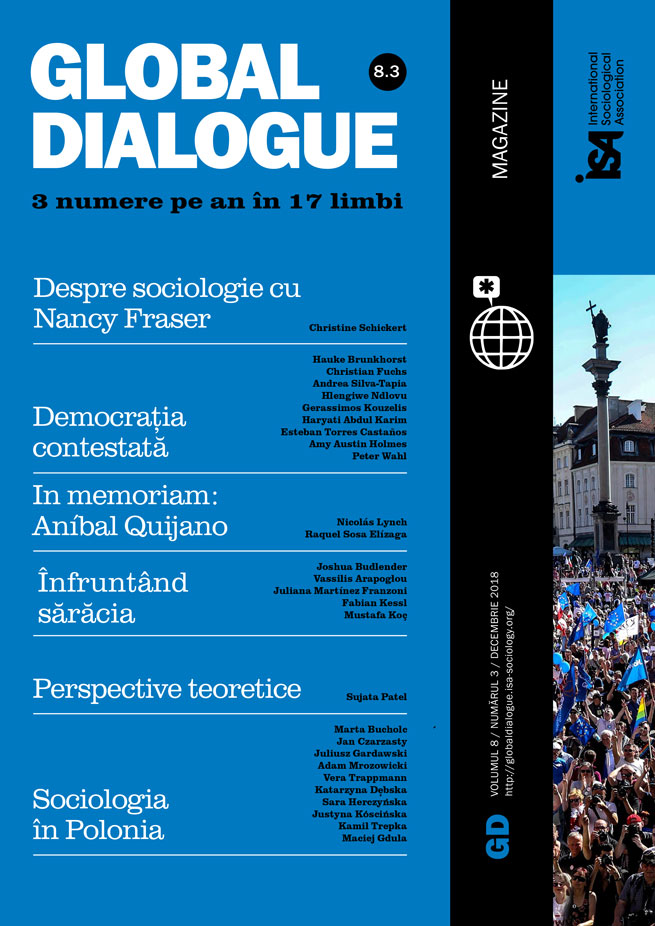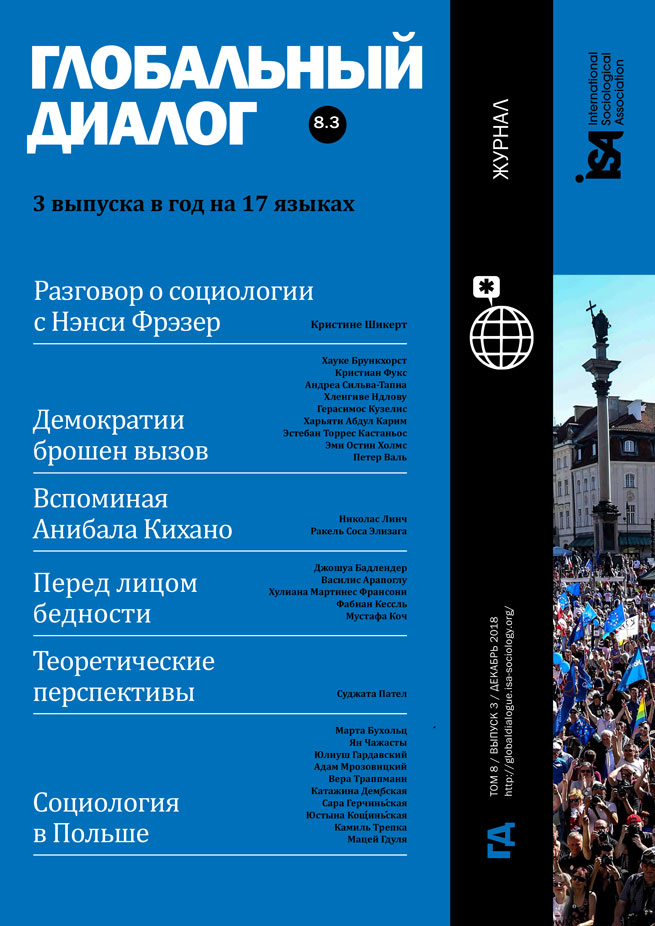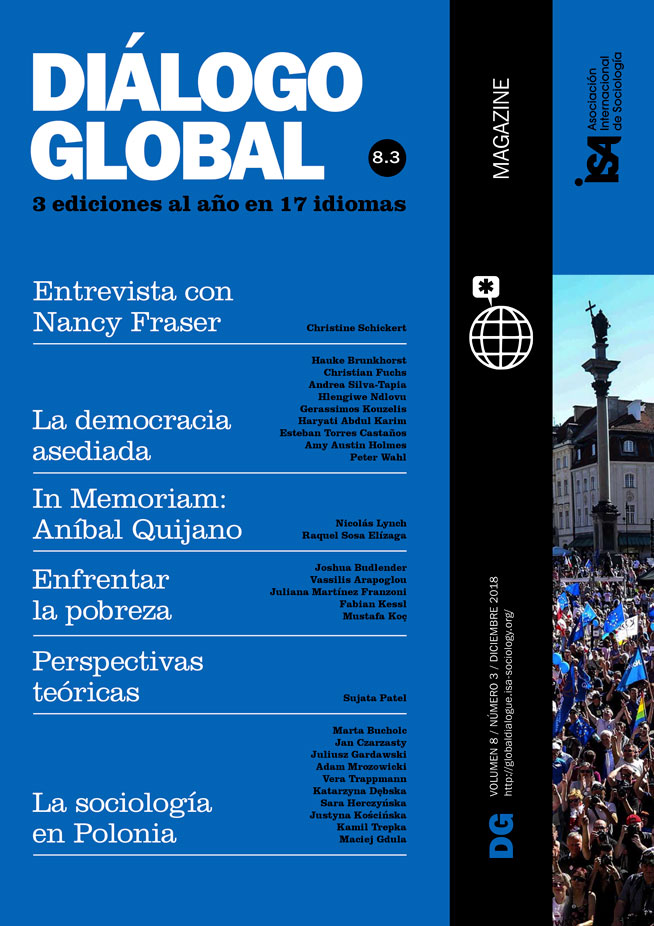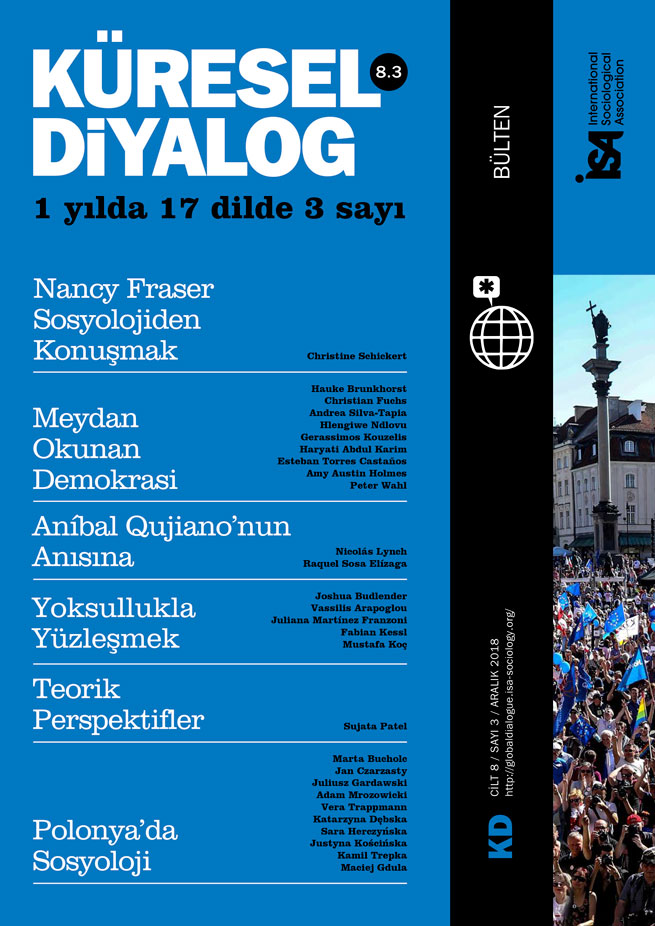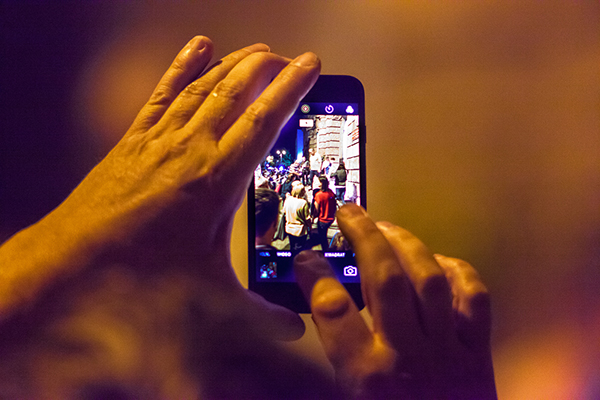One of the most profound effects of social media on society is undoubtedly the extent to which it has become a tool of empowerment for ordinary citizens to determine their future lives. Social life today is characterized by Internet activism, in which people from all walks of life can easily be involved via the smartphones in the palms of their hands. It certainly paves the way for citizens to participate and engage more freely in public discussions about their country and the world outside while remaining relatively anonymous. This is especially valuable in countries where freedom of expression is not a culture or norm.
Malaysia is no exception to this new development. Today, Malaysians use social media religiously to express themselves on all kinds of issues, as never before. It has become habitual for them to post comments, share or upload on their social media accounts videos and websites on issues that they feel strongly about, and start an online discussion among friends. Social media such as Facebook, Instagram, and YouTube are all very popular among Malaysians. But Facebook tops it all, with about 81% of Malaysians using Facebook, of which almost 90% access it via smartphone.
The extent to which the social media have actually “liberated” Malaysians can simply be seen by how vocal they are in openly expressing their views about the government and issues that are deemed sensitive, such as religion and ethnicity, despite the existence of laws restricting such discussions. This forms a healthy and vibrant atmosphere for people to get involved in national issues that affect them. Apart from politics, social media also enable Malaysians to express and carve out a hybrid global-local identity.
In countries where the state has strong control of the media, whether through direct media ownership or through legislation, channels of communication for alternative views have become limited. Hence, people are forced to go underground via the new media. Social media is found to be much more effective compared to alternative news portals in shaping public opinion. An instance of this was in the Arab Spring where channels of communication were severely limited and the public had lost trust in the government and the mainstream media. Social media became the only source of information for the people, and also a space where they could express their views.
In Malaysia, social media contributed to what has been termed as the political tsunami during the 2008 general election, which saw the hegemony of the National Coalition (Barisan Nasional or BN) government slowly crumble. BN’s political opponent, then known as Alliance of Hope (Pakatan Harapan or PH), continued underground since it was being excluded from the mainstream media. Social media became a tool for PH’s cybertroopers and strong supporters to propagate their views to the people. Using their Facebook fan pages, thorny issues like the Goods and Services Tax (GST), high cost of living, and purported corrupt practices of the BN government were highlighted systematically. This led to a discussion among the citizens and created a public sphere. Bloggers who were strong supporters of the Alliance used their blogs to shape public opinion in their favor. In the recently-concluded fourteenth general election, WhatsApp began to be used as a campaign tool in addition to Twitter and Facebook. Unlike Facebook, WhatsApp reaches individuals personally. A public sphere was created among individuals within their WhatsApp chat group to discuss PH’s campaign messages. It was perhaps this very well-orchestrated campaign strategy where PH focused on specific issues and communicated it repeatedly that saw it overthrow the 61-year-old BN government. BN was slow in turning to the social media, as it controlled the mainstream media. The outcome of PH’s communication strategy was that it won 113 Parliament seats out of 222, while BN only managed to secure 79 seats in the May 9, 2018 election.
When it comes to the question of social media, press freedom, and democracy, social media is a double-edged sword. While it opens more doors for freedom of expression and self-empowerment, it also paves the way for fake news to be created and go viral. Fake news has become a major issue among Malaysians. In the recent general election, voters were inundated with fake news rather than with authentic news reports in the social media. With fake news distorting information to perfection, it ultimately denies citizens the right to know the truth. The overreliance on social media as the sole source of information further contributed to the thriving of fake news because citizens rarely cross-check facts. The government’s attempt to address the issue by passing the Anti-Fake News Act in 2018 failed to clearly define what constituted “fake” when it came to news. In any case, the Act appears short-lived, as the new government has announced its intention to repeal it.
Another threat that social media poses now is when the political fanaticism of supporters of the dominant class reigns over other views in cyberspace. Those with alternative positions are subject to cyberbullying, so much so that it demotivates them from participating in democratic discussion, while others are traumatized by the hostile response from political fanatics. Even if some of the points raised are sound, political fanatics rally together and condemn such users with vulgarity, denying their right and freedom to express their opinion. This lack of civility and rationality at the level of ordinary people douses their spirit to engage in a healthy discussion of public issues.
For the social media to become an effective tool for true democracy, civility and media literacy must first become a norm and culture among citizens. Citizens must be made to understand the meaning of rational communication. Only then can genuine reformation of the nation take place through exchange of ideas.
Haryati Abdul Karim, Universiti Malaysia Sabah (UMS), Malaysia <haryati@ums.edu.my>
